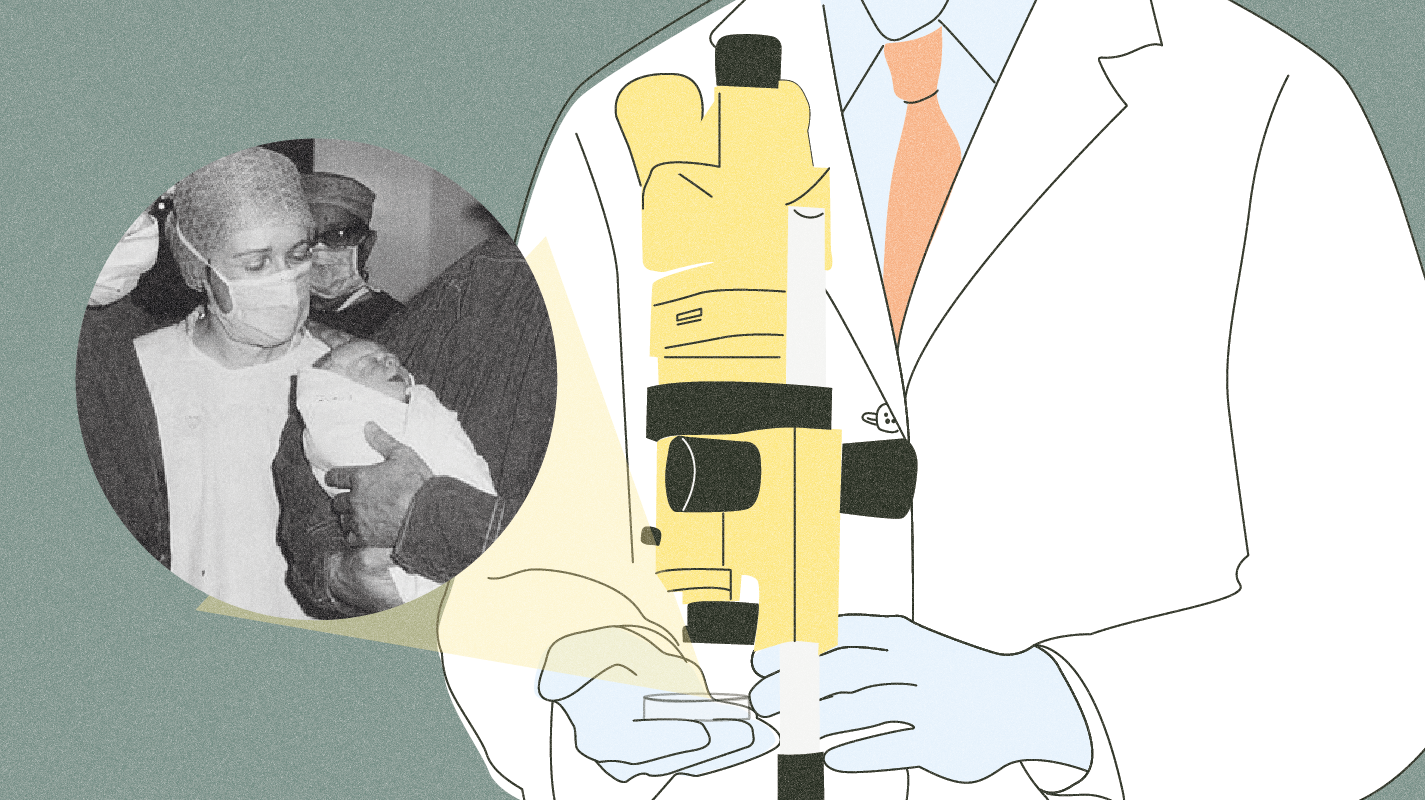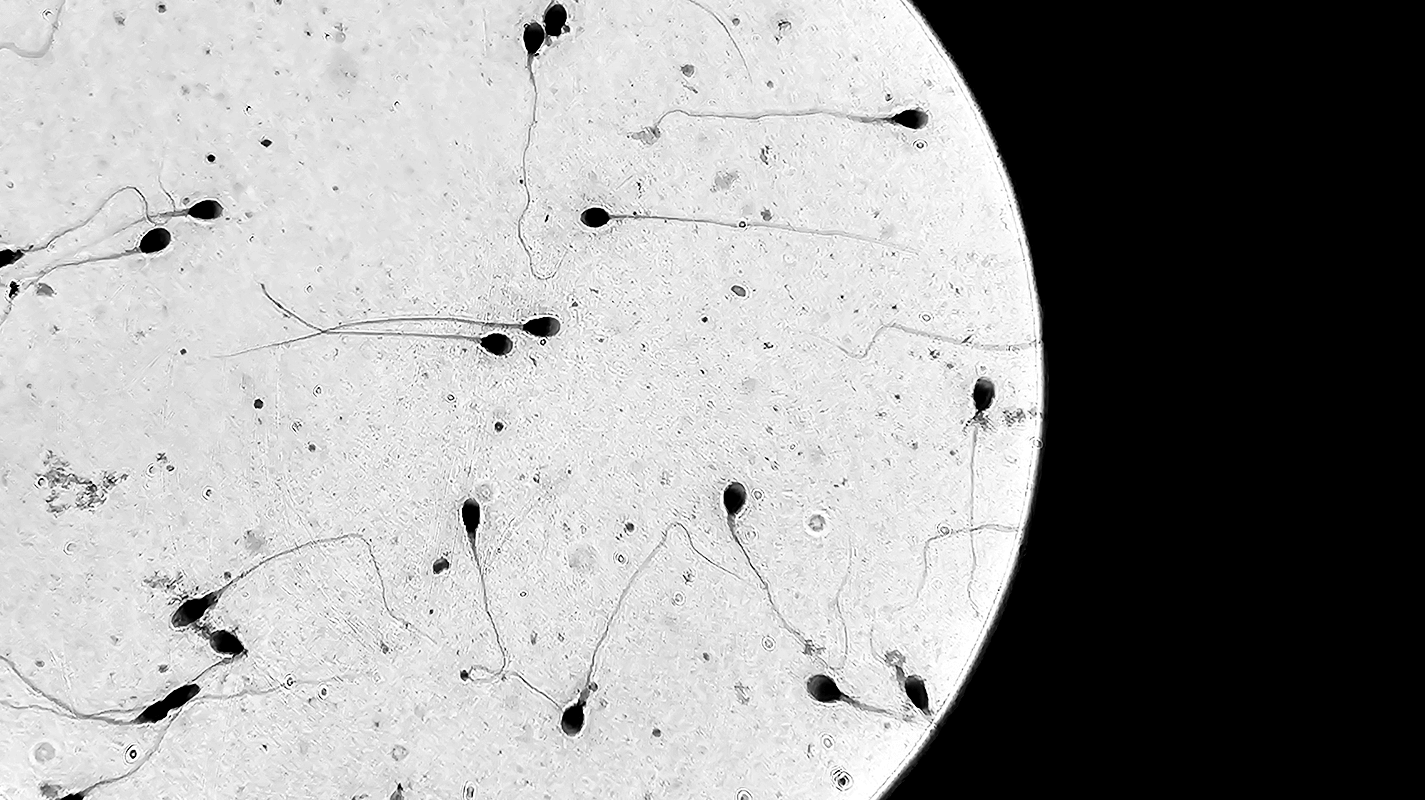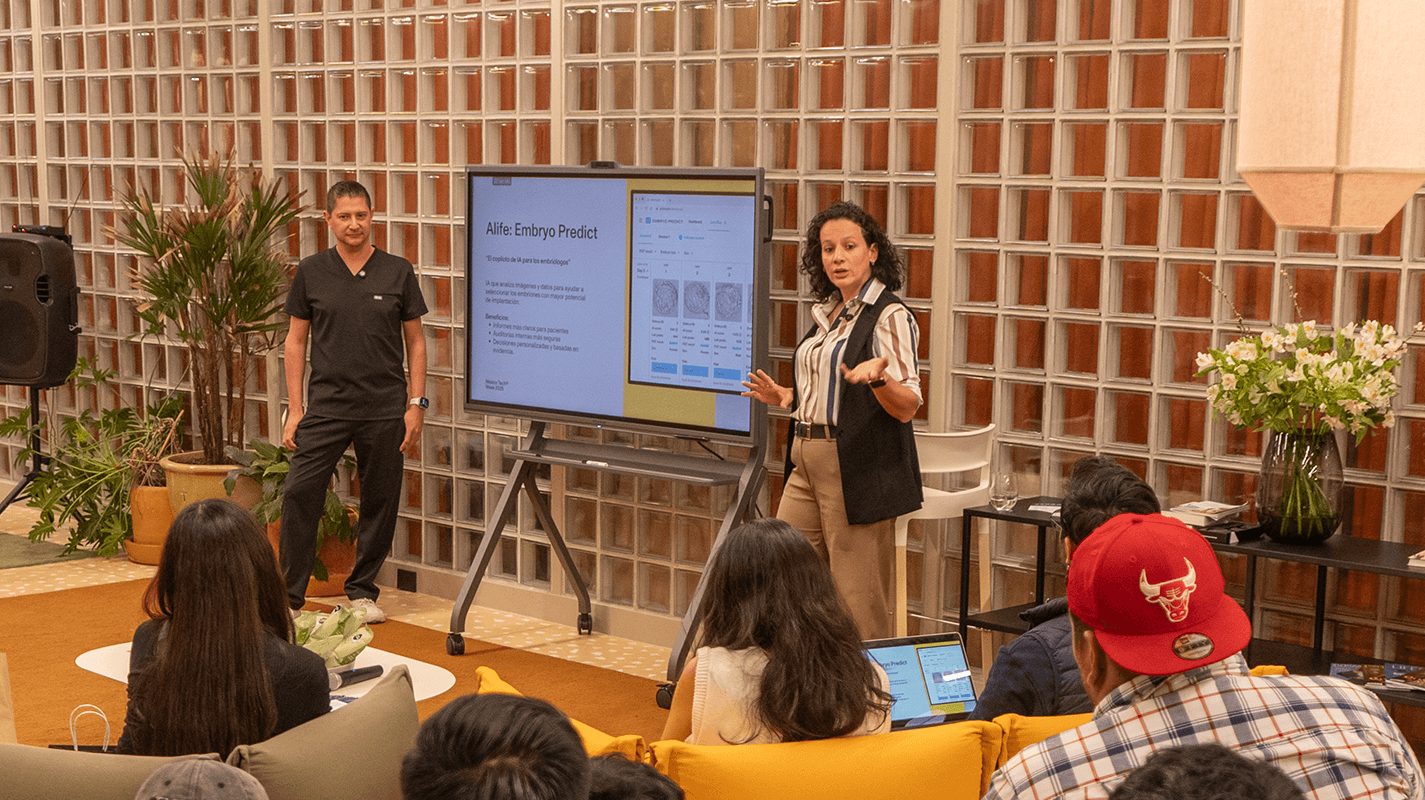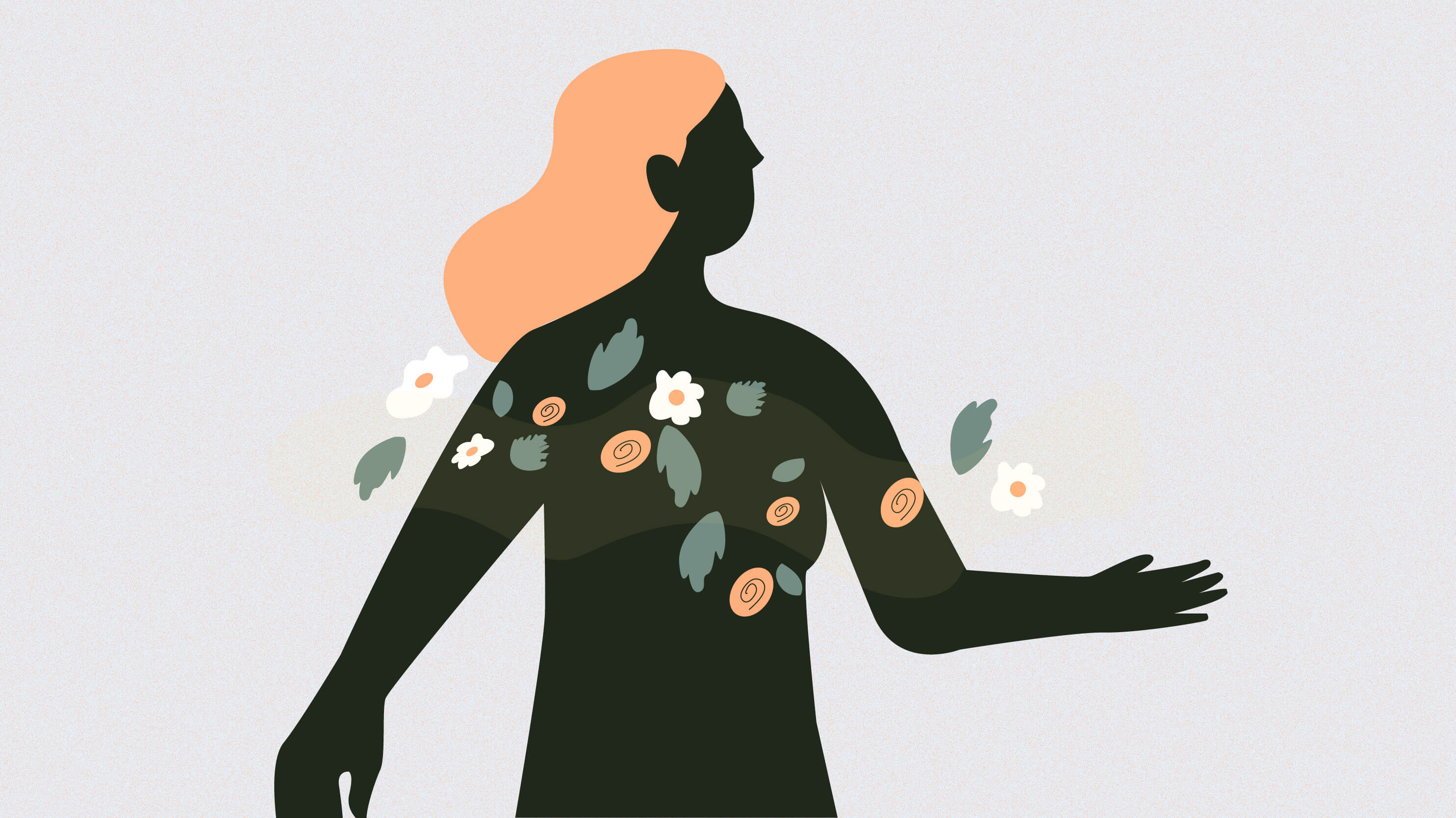The World's First IVF Baby: The Beginning of a New Reproductive Era

In July 1978, the world witnessed a historic event: the birth of Louise Brown, the first baby conceived through In Vitro Fertilization (IVF). Her arrival not only brought hope to millions of families but also marked the beginning of a scientific revolution in the field of assisted reproduction.
Who Was the World's First IVF Baby?
Louise Brown was born on July 25, 1978, in Oldham, England. She was conceived outside the uterus, in a laboratory, through an experimental procedure led by Dr. Patrick Steptoe, Dr. Robert Edwards, and embryologist Jean Purdy, whose contribution remained overlooked for many years. Louise was the result of a decade of scientific trials that, until then, had been considered impossible.
The 2024 film Joy pays tribute to this milestone and highlights the crucial role of Jean Purdy, a pioneer of modern embryology.
Early Challenges and the Evolution of IVF
The first steps of IVF faced strong ethical, scientific, and religious criticism. It was a little-known and controversial technique. However, the results proved its effectiveness, and over time, it gained acceptance.
Today, IVF is one of the most widely used fertility treatments worldwide. It has evolved tremendously thanks to advances in reproductive biology, cryopreservation, and embryonic and genetic selection. According to the European Society of Human Reproduction and Embryology (ESHRE) and the International Committee for Monitoring Assisted Reproductive Technologies (ICMART), since the birth of Louise Brown in 1978, more than 8 million babies have been born through IVF around the world (European Society of Human Reproduction and Embryology, 2018).
The birth of Louise Brown completely transformed the fertility landscape. It validated decades of scientific work and opened the door to new techniques that are now part of everyday treatments. It also led to the creation of specialized clinics, emotional support programs, and more equitable legal frameworks. Moreover, it enabled open conversations about infertility, helping society recognize it as a public health issue and paving the way for a more inclusive path to parenthood.
What Is IVF and Who Is It Recommended For?
In Vitro Fertilization (IVF) is an assisted reproduction treatment in which eggs are retrieved from the ovaries, fertilized with sperm in a laboratory, and then viable embryos are transferred into the uterus.
IVF is recommended for:
- Women with blocked fallopian tubes or endometriosis.
- Men with sperm abnormalities.
- Individuals who have tried other treatments without success.
- Same-sex couples or single women wishing to build a family.
- People who want to preserve their fertility before undergoing medical treatments like chemotherapy.
How Does IVF Work?
The IVF process involves several key stages:
- Ovarian stimulation: Hormones are administered to encourage the ovaries to produce multiple eggs.
- Follicular monitoring: Ultrasound is used to monitor follicle growth.
- Egg retrieval: Mature eggs are extracted through an ultrasound-guided procedure.
- Sperm preparation: Semen is processed to select the highest-quality sperm.
- Fertilization (ICSI): Eggs are fertilized with sperm in the lab.
- Embryo culture: Embryos are developed under controlled conditions for a few days.
- Embryo transfer: One or two embryos are transferred into the uterus.
- Post-transfer support: Medication is given to support implantation, followed by a pregnancy test 10–14 days later.
How Much Does IVF Cost at Fertilidad Integral and What’s Included?
At Fertilidad Integral, IVF treatment costs $125,000 MXN in Mexico City and includes:
1. Follow-up visits, follicular monitoring, and specialist consultations.
2. Egg retrieval procedure.
3. Operating room and anesthesia.
4. Sperm preparation.
5. In Vitro Fertilization (ICSI).
6. Embryo creation and vitrification.
7. Medical fees, anesthesiologist, and nursing care.
8. Two wellness sessions (nutrition, psychology, acupuncture, or massage):
a) Nutrition: Personalized dietary support to enhance fertility.
b) Psychology: Emotional support throughout the treatment.
c) Acupuncture: Stimulates key points to support embryo implantation.
d) Massage: Helps reduce stress and improve overall well-being.
Before beginning treatment at Fertilidad Integral, an initial consultation is required to determine your personalized diagnosis. For more information, visit the following links to view prices for each of our locations:
The birth of Louise Brown changed the course of medical history and gave hope to millions of families. Today, at Fertilidad Integral, we continue her legacy by offering personalized treatments, cutting-edge technology, and a human, holistic approach.
We have clinics in Mexico City, Guadalajara, and Metepec. In addition to IVF, we offer a complementary wellness program that includes:
- Massages to reduce stress and improve oxygenation.
- Psychological therapy for emotional support during fertility treatments.
- Acupuncture to support implantation and hormonal regulation.
- Personalized nutrition to boost reproductive health.
We invite you to schedule a consultation with our medical team. Book your appointment at fertilidad.com and discover warm, professional, and personalized care.
References:
- BBC News Mundo. (2018, July 25). Louise Brown: la historia de la primera “bebé probeta” que cambió la ciencia para siempre. https://www.bbc.com/mundo/noticias-44944030
- European Society of Human Reproduction and Embryology. (2018, July 3). More than 8 million babies born from IVF since the world’s first in 1978. ScienceDaily. https://www.sciencedaily.com/releases/2018/07/180703084127.htm
- PBS. (2023). The Birth of IVF and the Story of Louise Brown. https://www.pbs.org
- WeFIV. (2024). 40 años de FIV: del experimento al bienestar reproductivo. https://www.wefiv.com
- Fertilidad Integral. (2025). Precios tratamientos de fertilidad en CDMX, GDL y Metepec. https://www.fertilidad.com







